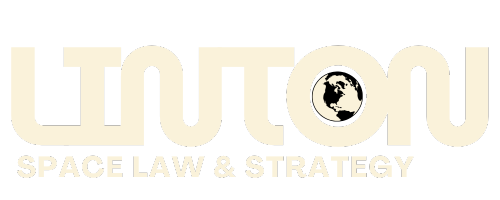Conflict Intelligence: The New Requirement for Leadership in Space and Beyond
Conflict is inevitable, but how leaders navigate it is what truly sets them apart. A recent Harvard Business Review article on conflict intelligence dives into exactly why this matters, and the traits that define those who do it well.
In nearly 20 years of legal practice, advising founders, working in defense, coordinating crisis response, and striving to be a good leader myself, I’ve seen all kinds of leadership styles. The ones who thrive aren’t the loudest or most technically brilliant. They’re the ones who know how to handle conflict skillfully.
Author Peter T. Coleman lays out four core competencies that define conflict-intelligent leadership:
Self-awareness and self-regulation: recognizing and managing your own reactions to stay strategic.
Strong social-conflict skills: deep listening, balancing advocacy with collaboration, and checking bias.
Situational adaptivity: knowing how and when to adjust your approach depending on the conflict and context.
Systemic wisdom: seeing chronic, recurring patterns and addressing root causes with long-term thinking.
Coleman draws insightful parallels to major diplomatic breakthroughs, reminding us that history’s most consequential conflicts were often resolved not by force, but by those who could navigate complexity and emotion with strategic clarity.
"Leaders who demonstrate the four core competencies have what we call a high conflict-intelligence quotient (CIQ)."
That analogy feels especially relevant in the space industry, where business often crosses into statecraft, international law, and military strategy. Leaders in this domain aren’t just navigating startups, they’re navigating geopolitics.
One quote that stuck with me:
“Today the question for leaders isn’t whether to build conflict intelligence—it’s how quickly they can begin. In a world where change is constant and complexity is rising, the ability to manage conflict effectively isn’t a nice-to-have skill. It’s becoming a core requirement for organizational success. Those who master this capability won’t just survive the storms of conflict—they’ll learn to sail by them.”
It’s a worthwhile read for anyone thinking seriously about leadership in complex, high-stakes environments: https://hbr.org/2025/07/the-conflict-intelligent-leader
